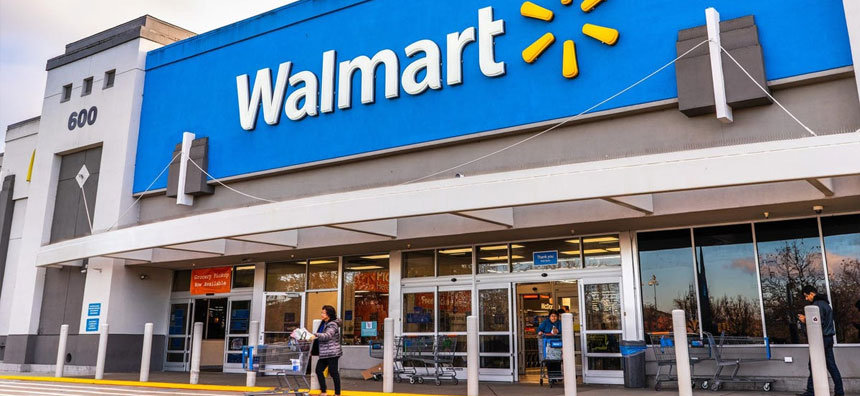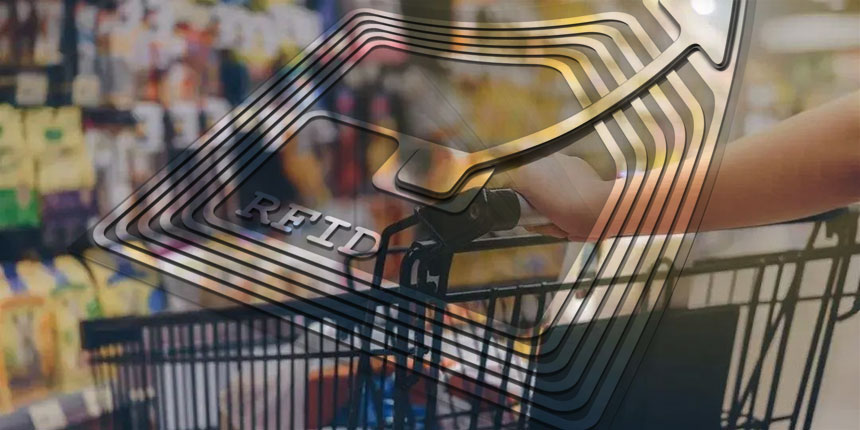
In early 2022, a big news broke in the RFID industry when Walmart, the world's leading retailer, revealed plans to expand the use of RFID beyond retail apparel to other retail sectors. Walmart requires suppliers of the new program to place 2nd generation UHF RFID tags with frequencies of 902-928 MHZ on all products delivered to Walmart.

According to Walmart, its retail apparel industry began adopting UHF RFID tags in 2020, and since then, inventory management has improved significantly, resulting in a better in-store shopping experience for customers while increasing customer repurchase rates , and ultimately increase sales potential. This is the main reason why Walmart is expanding its RFID deployment into other categories. In recent years, the use of UHF RFID in the retail industry in the field of footwear and apparel has exploded. According to IDTechEx, a market research firm that has monitored RFID for more than 20 years, more than 70 percent of UHF RFID tags last year were used in these two segments. The UHF RFID business in retail apparel and footwear labels remains the largest UHF RFID market in terms of label volume and market value, and will remain so for the next decade, as evidenced by corporate earnings reports. Raghu Das, CEO of IDTechEx, said that many of the leading companies we interviewed are now considering applying this successful program to their respective business areas, given the significant impact UHF RFID has in the retail apparel and footwear labeling market.

At present, Walmart's announcement will definitely accelerate the RFID application in other retail fields, and inevitably push other retailers to follow suit.
While RFID has a bright future in retail, one issue that must be addressed is that UHF reader/writer networks are not ubiquitous, as it is primarily used by businesses rather than consumers. Only when the cost of UHF readers is gradually reduced will it eventually be possible to integrate into consumer smartphones, just like NFC is used everywhere. IDTechEx believes that as reader infrastructure becomes more complete, the use of RFID will further accelerate retail quality in apparel and footwear, as well as other retail areas. This includes advantages such as inventory management, improved customer engagement and advertising, Even though the use of RFID will add extra cost to the product, it is manageable and reasonable.